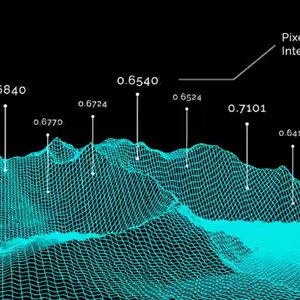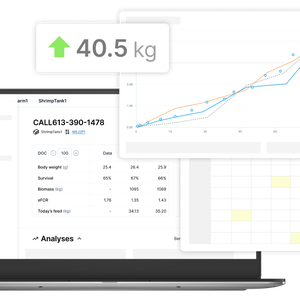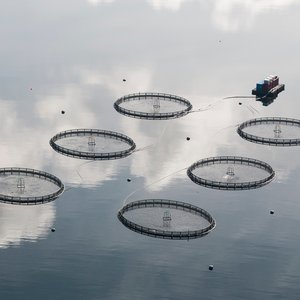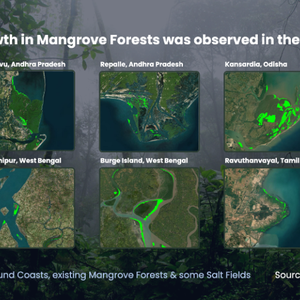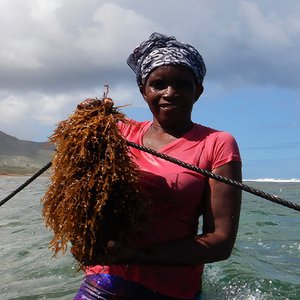A lot of cutting-edge research takes place at the University of Idaho’s Hagerman Fish Culture Experiment Station, and Brian Small is excited to be in the middle of it.
The fish endocrinologist and physiologist came to the center in 2015. With 16 years of fish research under his belt, Small was appointed director of the experiment station in November.
At Hagerman, the university research revolves around gut microbiome.
“We’re interested in trying to understand how the environment, health status and diet affect microbes that live in the gut of the fish and how changes there affect the fish itself,” he said. “It might include changes in how well they utilize the feed and just general gut health.”
The researchers want to be able to design and develop feed that promotes gut health so fish are putting more energy into growth instead of into fighting a stressful situation.
After a few months on an all-plant diet, rainbow trout develop enteritis, a swelling in the intestine that causes decline because they’re not able to absorb feed efficiently, he said.
“So we’re trying to understand why that happens and develop ways to improve performance on an all-plant diet, (and) manipulate the feeds themselves so they’re less of an irritant,” he said.
Source: Capital Press // Original Article



